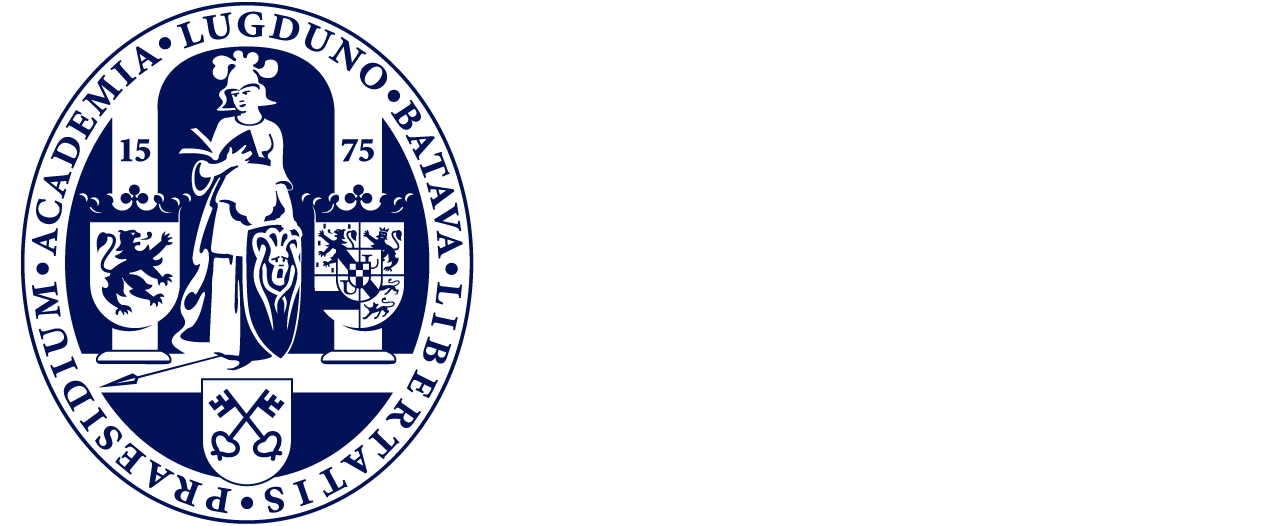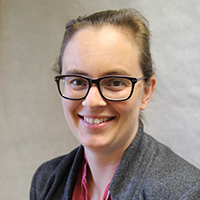Webinar on January 17, 2024, 3:30 pm UTC+1
Ultrafast and Steady-State Raman Thermometry of Plasmon-Molecule Systems
Plasmonic materials are highly promising catalysts for driving energetically unfavorable chemical reactions with sunlight, due to their large optical cross sections and ability to generate a number of hot holes and electrons. However, the efficiencies of most plasmon-driven processes are quite low, likely due to the lack of mechanistic understanding of the underlying physical processes. Plasmons can concentrate electromagnetic fields, can generate highly energetic electrons and holes, and can heat up local environments. An understanding of the energy partitioning into each of these processes is crucial to the design of plasmonic photocatalysts which are optimized for chemical selectivity. Here I will discuss our development of ultrafast surface-enhanced Raman spectroscopy (SERS) and thermometry to probe plasmon-molecular thermal effects on timescales relevant to photocatalysis. Specifically, we have developed ultrafast SERS to determine that plasmon-driven heating is not a significant contributor to photocatalysis, to monitor vibrational energy dissipation pathways, and to uncover anomalous steady-state thermal effects. These efforts in developing a fundamental understanding of plasmon-mediated processes in molecules will ultimately aid in the rational design of cost-effective plasmonic materials capable of driving industrially relevant chemistries using solar radiation.


